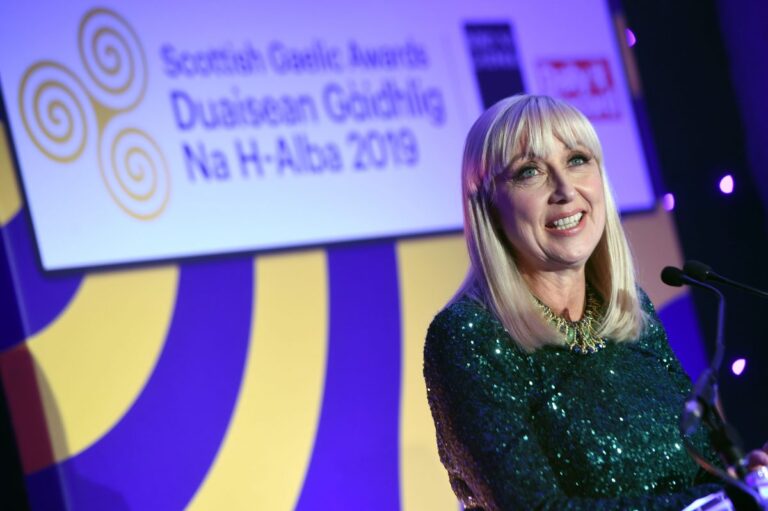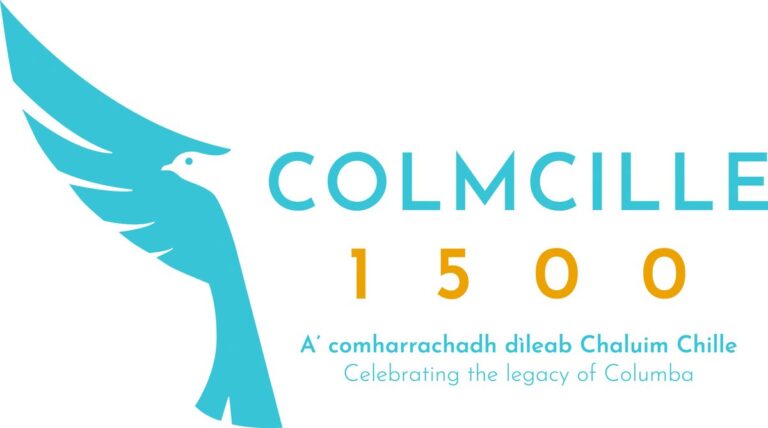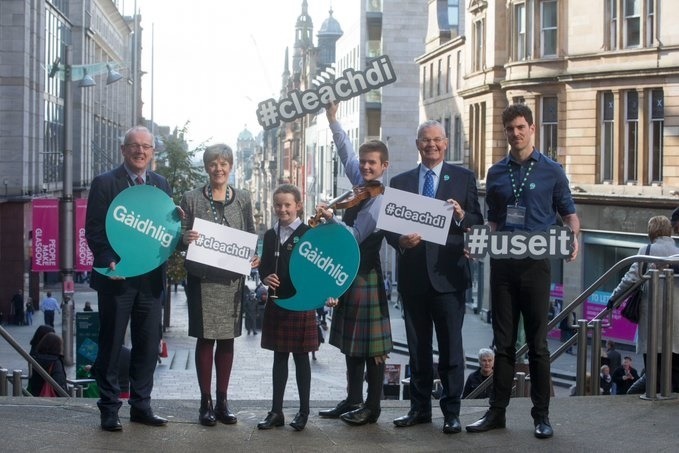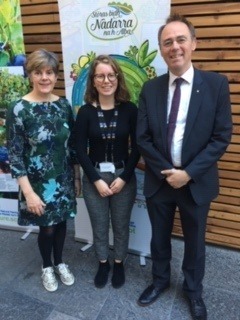Bòrd na Gàidhlig welcomes the news that North Ayrshire is set to offer Gaelic Medium Education for the first time with a new provision set to open in August 2020.
It will be located within Whitehirst Park Primary School, Kilwinning, with the post of Principal Teacher Gaelic advertised this week.
This is the first successful application for Gaelic Medium Education (GME) under the Education Act (Scotland) 2016 and Bòrd na Gàidhlig’s Statutory Guidance on Education.
In August 2017, Bòrd na Gàidhlig advised and funded a group of parent volunteers who wanted to set-up an early years’ playgroup in North Ayrshire. The volunteers worked extremely hard on this campaign and since 2017, the interest in GME has continued to grow.
Parents submitted a formal application to North Ayrshire Council on 24 January 2019 and after the first assessment, the council concluded that they were willing to introduce GME.
Bòrd na Gàidhlig welcomes this news and its Director of Education, Jim Whannel, who was involved in the developments said: “Bòrd na Gàidhlig are extremely happy that Gaelic Medium Education will now be offered in North Ayrshire and we are indebted to the parents and council for their progress with this. Bòrd na Gàidhlig wish them every success and we look forward to continue working closely with them in the months ahead.”
Applications are now open for enrolment for GME at the school in Kilwinning. Whitehirst Park Primary’s Deputy headteacher, Louise Johnstone, said: “This is exciting news and we are all looking forward to welcoming our first intake of pupils in August. It is a real privilege to be the school chosen to deliver Gaelic Media Education for the first time in North Ayrshire.
“We are collaborative in our approach to this new provision and we are working with the council’s Education service and, of course, the parents to ensure we provide the best possible learning environment.”
Caroline Amos, Head of Service for Education at North Ayrshire Council, said : “We were very receptive to the wishes of the parents as ultimately we want to deliver services and education that meets their needs.
“The parents are really keen and excited by this. We will now recruit a principal teacher who will help us move forward and ensure we are ready to open in August.”
Pamela Jardine, a parent who has been heavily involved in the campaign from the beginning said:
“We are just over the moon that our daughter will be attending a new GME unit in the summer, it is a dream come true and we think she will really enjoy her primary years at Whitehirst Park. It has been a long journey, but the help and guidance we received along the way from Bòrd na Gàidhlig and North Ayrshire Council made it relatively easy to do.”
It is hoped that the new Principal Teacher Gaelic will be in post after Easter allowing them time to prepare for the August start date.
This great news means that there are now 15 local authorities in Scotland with GME. This is the first rise in council numbers since Inverclyde Council opened GME in Greenock in 1999-2000. North Ayrshire Council is the first local authority to offer GME in 21 years (to 2020-2021).
Bòrd na Gàidhlig agreed to North Ayrshire’s Gaelic Language Plan in 2014 and since then there have been many encouraging results including: supporting Gaelic education developments, Gaelic arts in the community and a new bilingual corporate logo.




